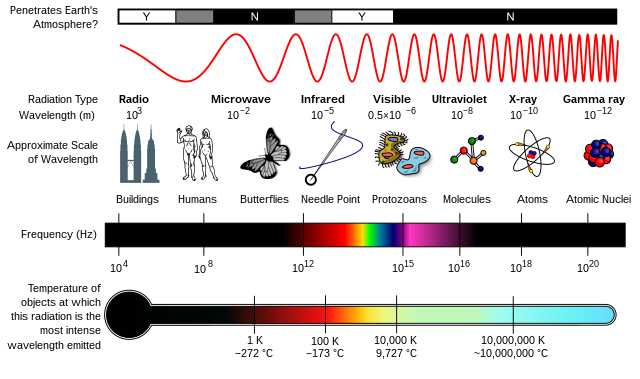Legal

The Anti-Gang Stalking Center was created in response to the Organized Crime Pandemic called Organized Stalking (a.k.a. Organized Gang Stalking and Community Stalking) and its various forms of Electronic Harassment and Torture
About
Black-ops and Organizations
Concepts and Theories
Legal
Quick Links
Copyright © 2024 Anti-Gang Stalking Center. All Rights Reserved.
Joomla! is Free Software released under the GNU General Public License.














